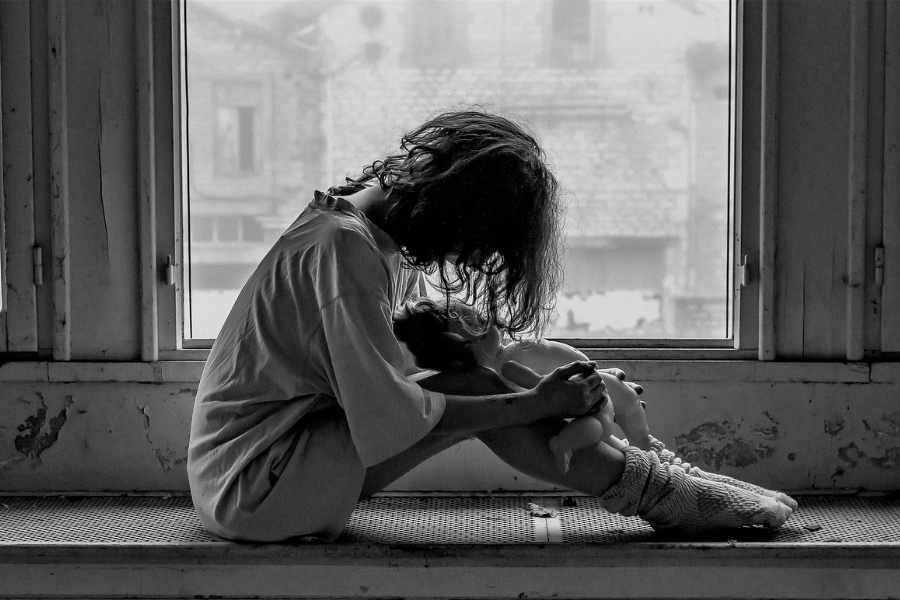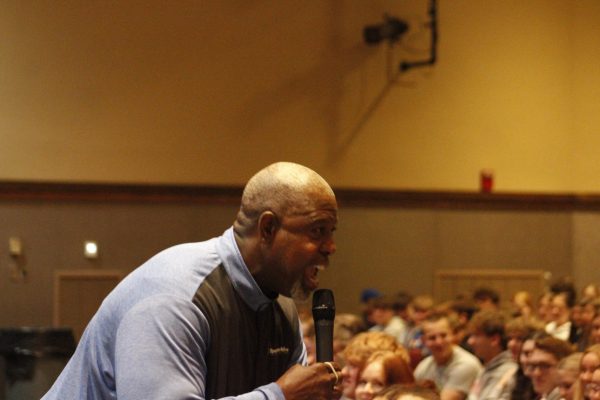Teen angst vs. depression: what’s the difference?
Teens normally experience a feeling called angst, which can feel like depression.
The beginning years of adolescence are anything but glamorous.
Countless adults remind teens to “cherish their youth,” but how can they when everything in their life is changing dramatically and they have no idea why? Most teenagers go through what is called ‘teenage angst,’ delightful anxiety and depression neatly packaged with a ribbon of apprehension for the future.
The common struggle goes, as a teenager is going through this stage of their life “no one seems to understand.” Most adult figures in their lives look back fondly to their teen years because they don’t necessarily remember their own adolescence well, and to some teens, this can feel like invalidation.
The question is, when does normal development become something more serious? The biggest difference between teen angst and depression is that normally teen angst is targeted at members of authority such as parents, teachers, or coaches, while depression usually results in isolation from all groups, even peers.
Young teens (females: 11-13; and males 12-14) begin to experience mood swings that could be described as angst that last days or even weeks. Their relationships with their parents start to become less organized. Power struggles and rebellions are in their just beginning.
Friendships become more serious, and teens get more picky about who they want to associate with. Same-sex close friends become crucial. Attraction and romantic feelings begin to arise. Privacy and validation are very important to people at this age. Most are going through bodily and emotional insecurity.
Depression is another story and it is actually very common in teens; however, 1 in 5 teens will receive the proper treatment.
Mood disorders are hard to diagnose because a lot of the signs of serious mental health problems can be easily mistaken as normal teen rebellion.
“It is important to be aware of changes in your emotions and functioning and know when to ask for help,” said Bellwood-Antis social worker Mrs. Young.
Both conditions – depression and angst – are sometimes hard to manage; however it is important to see warning signs of abnormal behaviors. These include:
- loss of interest in socializing or doing things you normally find exciting
- intense feelings of sadness
- constant worry or paranoia
- panic attacks
- physical symptoms (headaches, stomach problems etc)
- changes in eating and/or sleeping patterns*
- withdrawing from family/peers
- irritability
*Most adolescents will experience changes in their circadian rhythm (sleep patterns) as normal parts of their development,” said Mrs. Young.
Mrs. Young suggests seeking help if you are noticing abnormal behavior.
“I would tell anyone that if you think what you are experiencing may be abnormal or you are having a difficult time managing your emotions on your own, then you should talk to someone who can help you understand what you are experiencing and how to cope. At school, you could begin to seek guidance from your school counselor or social worker,” she said.












